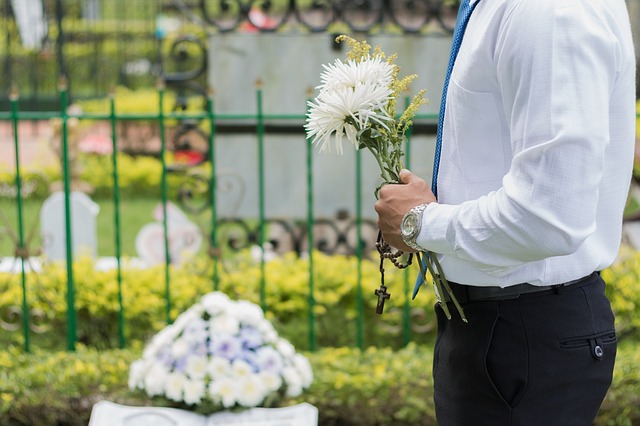
It’s inevitable. At some point you will find yourself at the funeral of a friend or family member. And when that happens, will you know what to say to offer your friend or loved one genuine comfort?
When someone dies, especially if the person had a tough life or suffered through illness, visitors and preachers usually offer comfort to survivors by saying, “Just remember she’s in a better place.”
Few people realize the lack of consolation that offers. First, do not assume the survivors actually believe in the existence of that “better place”. Some religious traditions teach such, and some do not. Some adherents believe it; some do not. Even if the family’s belief system allows for it, at that point they can hardly imagine a “better place” for their loved one than right here by their side. The absence is huge and the pain immense.
Besides, the phrase can make mourners feel like they are being chastised for being sad. Sometimes the chastisement is even explicitly spoken: “You shouldn’t be sad; that’s selfish.” Or “Don’t you realize your loved one is in a better place? You wouldn’t wish them back here in pain, would you?” Or “You’d be better off if you stop crying and think about how happy he is.”
So what do you say?
Here is the truth: Grief from the death of a beloved person is always a mixed experience. There are indeed things for which survivors are grateful – i.e. that she’s not suffering, that he’s in heaven, that no one needs to keep constant vigil, that the person lived long and well, etc. Yet at the very same time, survivors desperately miss that irreplaceable laugh, touch, wisdom, or presence. You offer your clients far more consolation if you recognize both sides.
When you are faced with the death of a friend or family member, say or write things like “It must be a relief that she’s finally at peace, and I know you have precious memories of your time with her. And yet, it’s hard to ignore the pain in your heart and the gaping void caused by her absence in your life. Most grieving people constantly bounce back and forth between gratitude and sadness. That’s entirely normal and expected. I hope you can just let yourself experience whatever it’s like for you at any moment in time, without anyone judging you for it. Be patient with yourself, and healing will come.”
When you acknowledge and validate a grieving person’s experience of intensely mixed emotions, you immediately stand out from those who urge them to suppress the uncomfortable half of the equation. You offer genuine consolation, your friend or family member feels understood, and you become a true source of comfort.
Originally published in Huffington Post, January 2018

